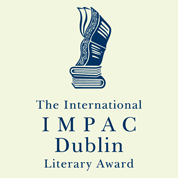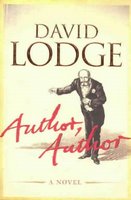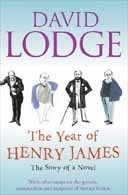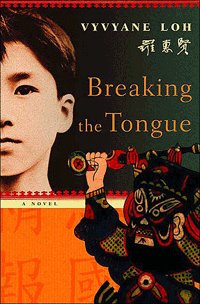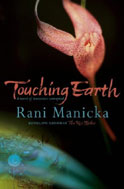The synopsis of the novel reads :
When Helmer’s twin brother dies in a car accident, he is obliged to return to the small family farm. He resigns himself to taking over his brother’s role and spending the rest of his days ‘with his head under a cow’.The panel of judges, which this year included Anne Fine, commented :
After his old, worn-out father has been transferred upstairs, Helmer sets about furnishing the rest of the house according to his own minimal preferences. The Twin is an ode to the platteland, the flat and bleak Dutch countryside with its ditches and its cows and its endless grey skies.
Though rich in detail, it’s a sparely written story, with the narrator’s odd small cruelties, laconic humour and surprising tendernesses emerging through a steady, well-paced, unaffected style. ... The book convinces from first page to last. With quiet mastery the story draws in the reader. The writing is wonderful: restrained and clear, and studded with detail of farm rhythms in the cold, damp Dutch countryside. The author excels at dialogue, and Helmer’s inner story-telling voice also comes over perfectly as he begins to change everything around him. There are intriguing ambiguities, but no false notes. Nothing and no one is predictable, and yet we believe in them all: the regular tanker driver, the next door neighbour with her two bouncing children, and Jaap, the old farm labourer from the twins’ childhood who comes back to the farm in time for the last great upheaval, as Helmer finally takes charge of what is left of his own life.
According to Alison Flood in The Guardian, Bakkar got the idea for the book while he was hiking in the mountains of Corsica in 2002. He said he had the idea of a son :
who was going to do something terrible to his father. ... It stayed in my mind for months and I got so frustrated – nothing was happening with the idea. Then I just sat down and got writing. I didn't know where I was going, I just started – for me that's a good way to write.Bakkar is a gardener by trade and says that writing and gardening :
... work well together. In the autumn when I rake the dead leaves I can do it for hours – once I even disturbed a pile I'd made so I could go on raking. The sound is so wonderful: it lets you think in a subconscious way, in the back of your mind.Bakker also works as a skating instructor in the winter.










